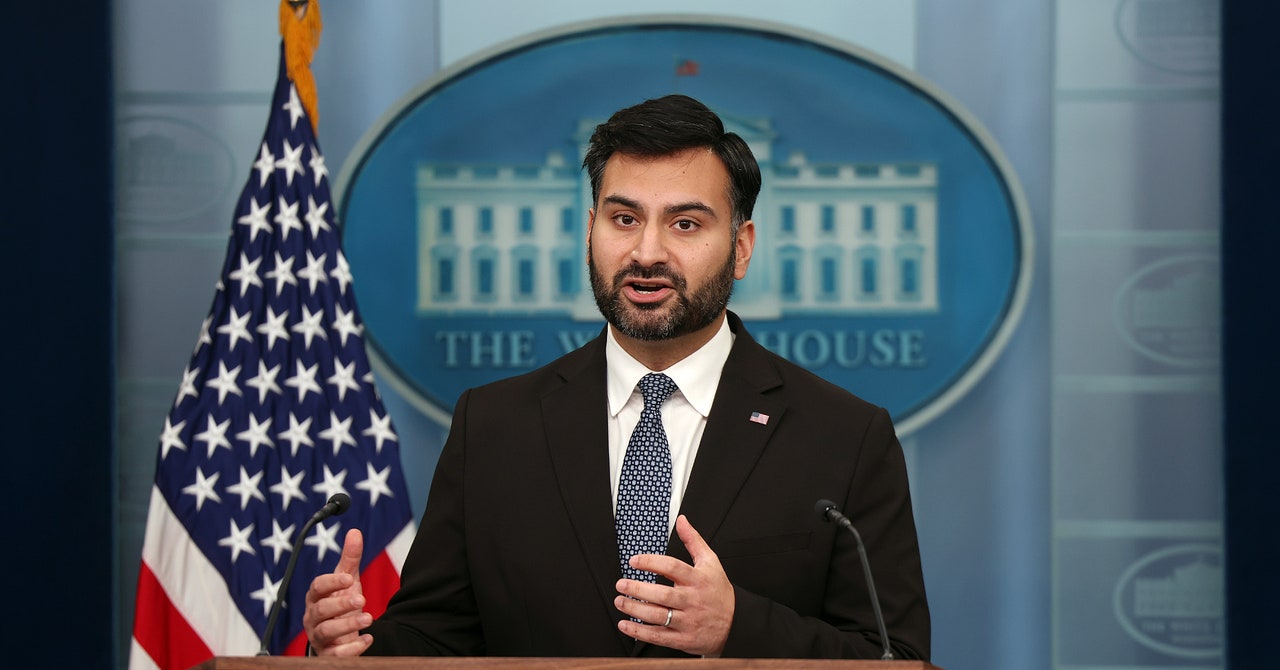The second is whether we are continuing to engage more and more people in the change. We have more than 100,000 farmers and pastoralists now adopting climate-smart farming practices. Will the network that delivered climate action continue to expand?
The last thing is how good we are at making the stuff we need to make. Steel in the ground. One of the things we're trying to develop as a discipline is really commercializing the development of social licenses around these new technologies so that they can scale. Can we build at the pace needed while ensuring that when a tower goes up, the community feels like they have built a barn together, and not like they are missing something?
We've talked about economic and industrial leadership, but political leadership also really matters. Trump has indicated that he will withdraw the US from the Paris Agreement for the second time in five years. Wouldn't that make it more difficult to get on the trajectory you were just describing?
Will this one action dismantle American climate leadership or deprive us of the progress we need to make? No, but it brings with it symbolism and possibly many secondary implications.
We have had a climate headquarters in the West Wing since the beginning of this administration. A new team. Gina McCarthy pioneered it, now I do. Our team consists of senior directors who focus on every sector of the economy with backgrounds in science, business, engineering, policy.
What happens when you don't have that level of focus at the highest level that requires sufficient commitment from the very talented people running it? What happens when the US attends multilateral forums or bilateral negotiations and does not prioritize setting the rules of the road for a clean energy economy?
I think what happens is that America marginalizes American workers in the race for clean energy jobs, and we diminish our influence globally. Not only is climate unstoppable over the next four years, our competitors are not slowing down to gain advantage on clean energy technologies, but also to have a global impact.
Four years is not a very long time. You must have been thinking about a second term. Are you thinking about things you wanted to do but can't?
The big things, number one, are the areas where we have not reached escape velocity. We have to keep trying for the sake of our economy. This is unfinished business that needs to be pursued by state and local governments, the private sector, and hopefully the federal government.
The second thing is to make sure that we are investing adequately in talent and workforce. We have a bad habit in this country of diverting talent to the top and not investing in the institutions that draw more people into the workforce. Unions are at the forefront of this; Biden spent a lot of time on apprenticeship development.


